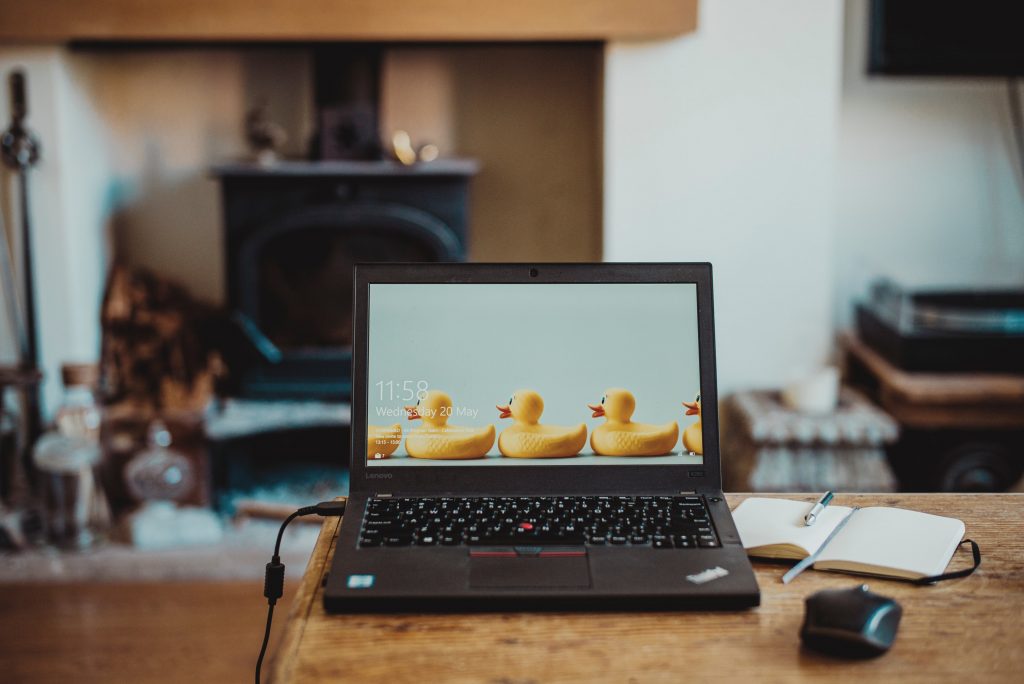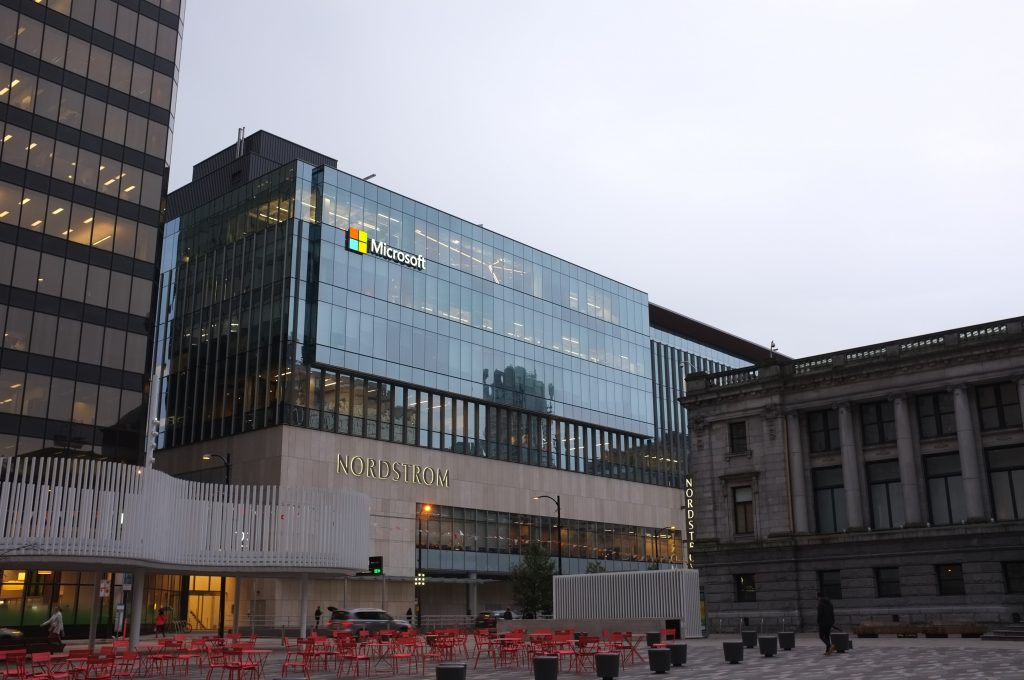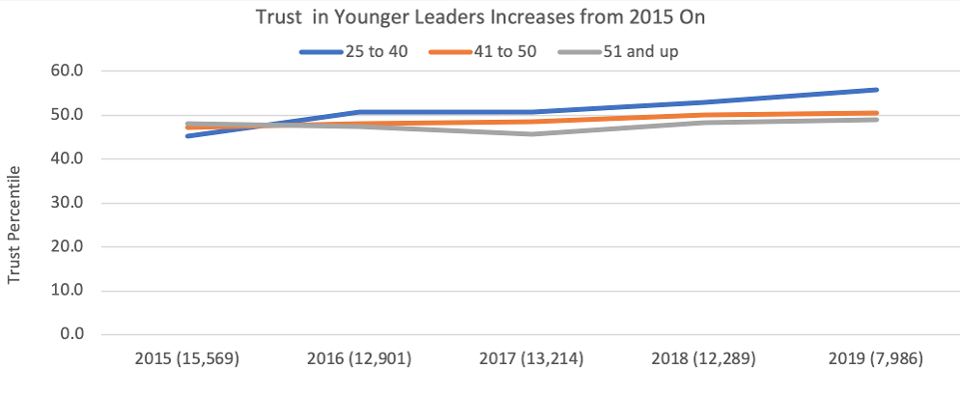#1. After COVID-19, 75% of businesses will need an IT upgrade
Three-quarters of all organizations need an upgrade of outdated IT infrastructure and to invest in new technologies. That’s the conclusion of a report published earlier this week by Wipro, a global information technology company. Business Wire explains that the news reflects the recent changes to the world of work prompted by the COVID-19 pandemic, notably the need to embrace more flexibility and remote work. The report also finds that to leverage this newly discovered IT technology, 81% of enterprises are already investing in the reskilling of their existing workers.

#2. Business travel won’t be taking off soon amid coronavirus
Corporate America’s wings are clipped, and some CEOs say it is better that way, writes The Wall Street Journal. The same could be said of CEOs around the world as many have come to realise their face-to-face meetings can be handled just as effectively via videoconference. For instance, Andreas Fibig, chief executive officer of International Flavors & Fragrances, plans for a permanent 30% to 50% reduction in business travel for his company. Not everyone agrees, though. Some executives such as Kurt Sievers of Dutch chipmaker NXP Semiconductors NV, believe face-to-face contact matters, and nothing can replace the personal relationship in meeting customers. Nevertheless, the expected scale-back of business travels in most companies will have a significant impact on the airline industry as well as hotels and rental-car companies.

#3. Microsoft employees would rather work from physical offices than work remotely, CEO Satya Nadella says
In other news, employees of some companies, Microsoft included, would rather return to their offices than work permanently from home. Satya Nadella, CEO of Microsoft, said earlier this week that their employees located in Seattle who have been working these past months remotely, “would rather have a workspace at work once COVID-19 crisis goes away”. He argues that workers should be given the flexibility they need to decide how they want to work. Nadella warned that businesses should not replace “one dogma with another.” In recent weeks, companies such as Twitter and Facebook have made bold statements about their plans to introduce remote work as the new norm.

#4. Office small talk has big value
Still on the subject of offices, small talk has an “uplifting yet distracting” effect on workers and is more important than you might think. That’s according to Jessica Methot of Rutgers University, who spoke to the New York Times about why people who engage in idle chitchat in the office end up feeling more positive emotions. Methot argues that small talk makes people feel more recognized and acknowledged, giving them a sense of connection with others. On the other hand, chatting to colleagues can be distracting and prevents employees from focusing on their work during the day. But while that may be true, the positives far outweigh the negatives. So next time you’re in your office, make sure to grab a coffee with your colleague and strike a lighthearted conversation. It’ll make you feel better.

#5. Younger leaders are more trusted than their older counterparts
Are the experienced and older leaders trusted more than their younger counterparts? Not anymore. Or rather more precisely, not anymore since 2015, when we started to see a clear trend of younger leaders (those 40 and below) becoming more trustworthy than their older colleagues. Joseph Folkman, a behavioural statistician, points to the recent technological revolution as one of the reasons behind this shift. He argues that younger people have an advantage because, among other things, they are more willing to ask for feedback and improve as a result of it. Read more in this Forbes article.




